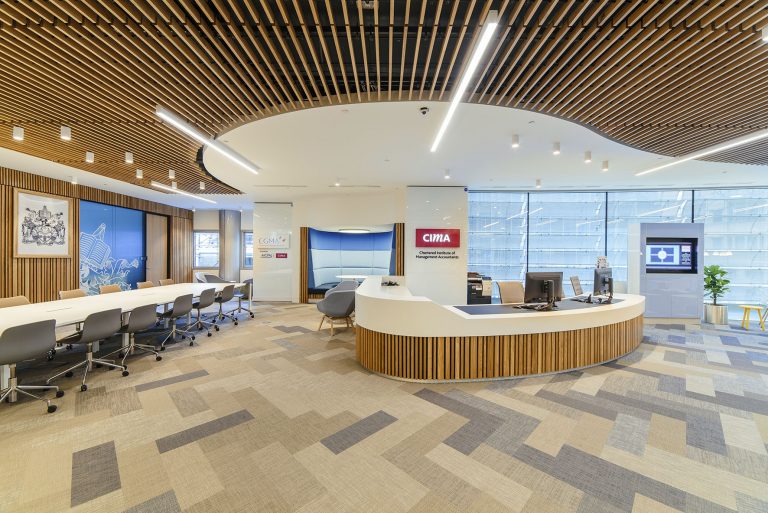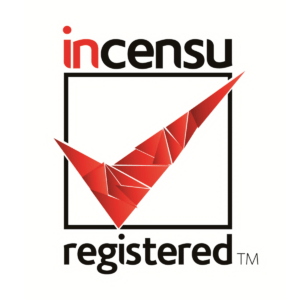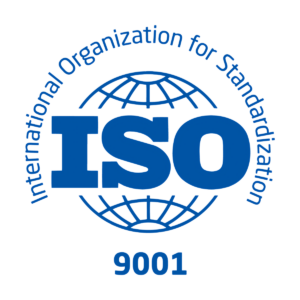On Time, On Schedule and Within Budget : How Job Costing Software Helps Your Organisation

Tracking and accurately assigning costs specifically to particular jobs is harder than it sounds. Job costing is a technique of costing where the amount of work done is calculated in the form of the number of jobs completed.
This process is used largely for job contracts where the price of the job depends on the amount of the work done, rather than a final fixed price.
Job costing is a difficult and intricate subject, which covers crucial subjects like:
- Resources collection for quotations
- Understanding hours allocation for projects for internal cost distribution
- Understanding hours allocation for production lines to analyse earning and losing products
- Studying efficiency across departments, managers and employees
- Analysing Planned versus Actual budgeting in terms of various resources
- Assisting in creating budgets through past data analysis
Job costing provides easy, precise calculation of cost overheads for specific needs. It also enables supervisors to keep track of components such as money, materials, time, budgets and employee performance.
Costing must be taken not just singularly but as a bulk of objects. Production and costing are accounted for with respect to the customer’s specific order, and not as a bulk for stocking purposes. Job costing provides you with crucial information that helps you make better management decisions, such as resource consumption per job or task, efficiency of departments, and data analysis of actual versus estimated resources.
1. Tracking Resource Consumption and Calculating Margins
It’s easy to miss out on details. Smaller tasks and ‘invisible’ overheads can sometimes be missed during costing, resulting in an inaccurate cost attributed to the project, client or invoice. It’s important to fully understand costs behind each project to unlock helpful information and become increasingly profitable. To make this process more efficient, invest in a job costing system to track costs automatically. By using a professional job costing system, you can understand if the job is coming in within, under or over budget. Job costing also helps determine job profitability and feasibility.
2. Billing Partners or Customers and Managing Cash Flow
Methodical job costing prevents duplication of work when invoicing, as your organisation can quote based on a previous similar job as reference. You can also identify the basis of your budgeting and margins at any given moment. With access to this information, you can make informed predictions about your cashflow management. If you work with clients or partners who provide reimbursements, job costing softwares make this process simpler as well. Reimbursements from partners become more efficient, and investments become smarter as executives determine which jobs are most profitable.
3. Increasing Efficiency Within and Without the Organisation
Using job costing, you can more effectively evaluate the quality of the work done by vendors and your own departments, via various statistical techniques. It’s easy to overlook the inefficiency of particular manufacturers or teams within the organisation, but using job costing, it becomes easily possible to compare efficiency among departments or among manufacturers. By collecting hours consumed for projects, the internal costs distribution can be better understood. Similarly, hours consumed on production lines can be studied to understand which products turn a profit and which are losing products. Efficiency of manufacturers, too, can be tracked more easily when job costing and associated expenses are taken into account.
4. Budgeting, Planning and Analysis of Resource Allocation and Consumption
Using job costing, analysis of planned versus actual resource consumption becomes more efficient. Scheduling and prioritisation of tasks is easier as well. By analysing past data, it becomes possible to budget for various tasks in a more efficient way. Also, by understanding the rough costs and efficiencies that go into any given job or task, it becomes easier to decide which department should be given a task, which job to prioritise, and more. This can significantly streamline your management decision making and planning.
Automating Costing using Professional, Automated Job Costing Software
You can input and record your costs with most free accounting software. However, an automated job costing system can automatically pick up these recorded costs and assign them to specific jobs as required. This form of business automation ties in with the Finance department and skips unnecessary data processing to save time and valuable resources.
Synel’s Job Costing module helps you to calculate workforce costs and time invested in each activity undertaken, both by individuals and further upstream by the department and the organisation. You can plan and monitor project work hours, billing hours and to analyse the time spent by activity or cost centre. This is an integral element in your mobile workforce management and it can also be implemented by an easy clocking system.
Create efficiency comparison by employees or departments. Analyse and monitor budget vs. actual.
- Total visibility of your jobs and projects
- Control of attendance timesheets with approval processes
- Visibility of Work In Progress (WIP)
If you enjoyed this blog post you can also read more interesting blog posts about job costing here… Why you need a Job costing and Activity Tracking Software Solution?








